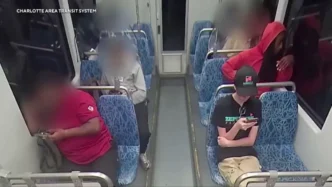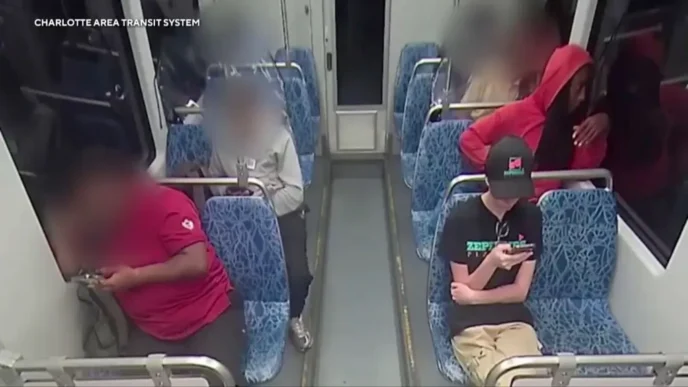Ryan Kelley once aspired to become Michigan’s governor in the 2022 election. However, his campaign faltered after he faced misdemeanor charges for his involvement in the January 6 riot at the U.S. Capitol, resulting in a fourth-place finish in the Republican primary. Despite this setback, Kelley continues to receive encouragement to run for governor again, particularly in a political climate where President Donald Trump has pardoned approximately 1,500 individuals involved in the January 6 events, including Kelley himself, who served a two-month prison sentence.
Many individuals who participated in the Capitol riot are now gaining attention as guest speakers at Republican events nationwide. They are sharing their perspectives and are often celebrated as heroes and martyrs by certain segments of the pro-Trump base. Some of these individuals, including Kelley, are contemplating political careers. At a recent Republican event in Jackson, Michigan, Kelley received significant support and encouragement to consider another gubernatorial run in 2026.
The attention on January 6 participants reflects a broader trend in which some Republicans are using the events and the individuals involved as symbols of government overreach. Historian Matt Dallek notes that these individuals are seen as “political prisoners” and “warriors” within certain circles for defending Trump’s contested election claims. Despite widespread rejection of these claims by officials and courts, the narrative persists among some groups.
While Kelley did not engage in violence during the riot, he pleaded guilty to misdemeanor trespassing. In his recent public appearances, he has downplayed the severity of the events, framing them as a protest rather than an insurrection. Extensive evidence, however, highlights the violence and chaos of that day, with over 100 police officers injured and significant damage to the Capitol.
Some pardoned individuals are eyeing political offices. Jake Lang and Enrique Tarrio have expressed interest in running for seats in Florida and in future elections, respectively, while Ryan Nichols briefly announced a congressional run in Texas. As for Kelley, he remains undecided about a future gubernatorial campaign but acknowledges the political opportunities afforded by the pardons.
Despite the support, some events featuring January 6 participants have faced opposition. In California, public backlash led to venue cancellations for an event featuring pardoned rioters, highlighting the contentious nature of their newfound roles in the political landscape. Critics argue that celebrating these individuals distorts historical events and undermines democratic principles.
The changing political dynamics underscore an ongoing debate about the legacy of the January 6 riot and its participants’ roles in future political discourse. As these figures consider integrating further into the political sphere, the conversations around democracy, rule of law, and political violence continue to evolve.














